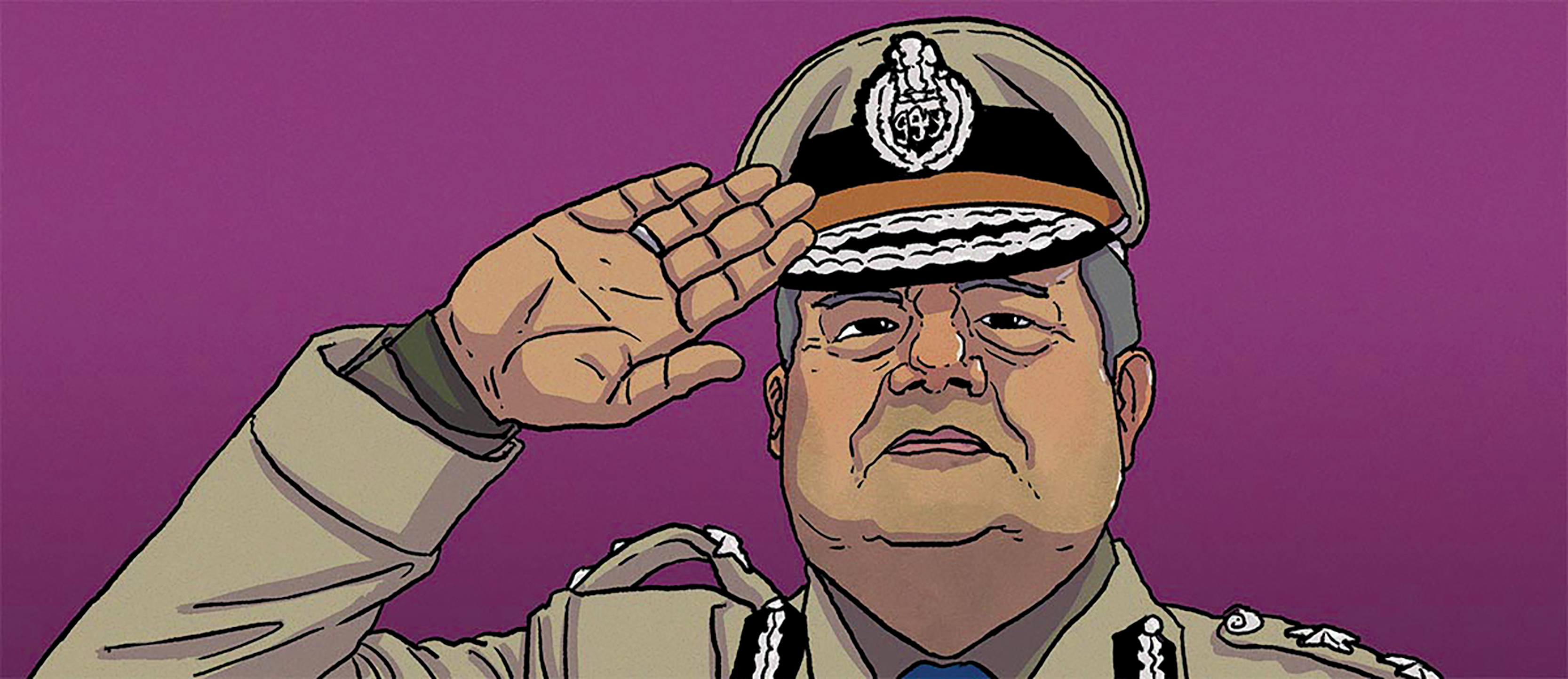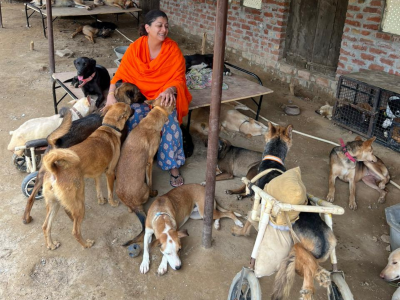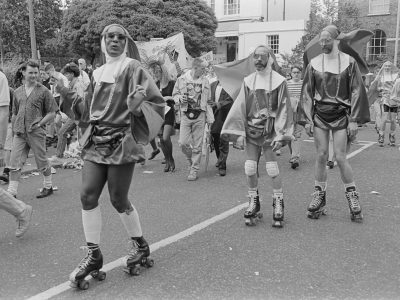An exclusive interview with Ahfad-ul-Mujtaba, head of the J&K police’s Crime Branch
The verdict in the rape and murder case of an eight-year-old nomadic girl from Jammu and Kashmir’s Kathua was announced on June 10. Six persons were convicted while one accused was acquitted. The in-camera trial in the case that shook the nation had ended on June 3.
The lawyers in Kathua prevented Crime Branch officials from filing the chargesheet in the sensational case following which the Supreme Court ordered that the case to be shifted out of Jammu and Kashmir. It was then transferred to a district and sessions court in Pathankot in the neighbouring state of Punjab, about 100 km from Jammu. The day-to-day trial had begun in the first week of June last year at the Pathankot court. JK Chopra, SS Basra and Harminder Singh were the prosecution team in the case.
The court convicted six of the seven accused. Three of them—Sanjhi Ram, Deepak Khajuria and Parvesh Kumar—were sentenced to life imprisonment. The other three—special police officer Surinder Kumar, head constable Tilak Raj, and sub-inspector Anand Dutta—were given a five-year jail term each for destroying evidence. The juvenile’s trial is yet to start as his petition is to be heard by the Jammu and Kashmir High Court on determining his age. Sanjhi Ram’s son Vishal Jangotra was acquitted.
The case was initially investigated by the local police in Kathua however; it was handed over to the Crime Branch of Jammu and Kashmir police headed by IGP Ahfad-ul-Mujtaba. Aftab was the main in-charge when the Crime Branch started the investigation. At the time, the Jammu region of the state witnessed massive protests demanding the handing over of the case to CBI. However, the judgement pronounced by the court vindicated the investigation of the Crime Branch.
In an exclusive interview, Ahfad discusses how they cracked the case, the evidence that was destroyed by the accused cops, and more.
Here are edited excerpts from the interview.
How difficult was it to crack the case? What were the challenges?
It was, of course, a challenging task, as we know the case was initially handled by a local police station. However, it was later transferred to State crime branch due to various reasons. The investigation was to carry out without any interference. So when we took up the case, we came to know that the evidence has been destroyed by the accused cops (now convicted). They washed the blood- and mud-stained clothes of the victim before sending them for forensic tests.
It was very difficult to start a fresh investigation and collect the evidence but we were fortunate enough to recover strands of hair of the victim near the place of occurrence and when we saw the picture of the child, we could clearly notice the bloodstains on her clothes. So we thought something is fishy and people are trying to shield the accused and there is a criminal conspiracy behind it. We also found that some locals are behind the case and few cops are also involved. Then a chargesheet was filed against the eight accused, including three policemen, in a short period of time.
The trial in the case was shifted to Pathankot outside the state after the defense lawyers in Kathua prevented the Crime Branch from filing a chargesheet.
When the case was shifted to Pathankot court, how difficult was it?
There was both an advantage and a disadvantage. The advantage was that it wasn’t possible for people to unnecessarily come to court to our inconvenience. Only people concerned with the case would come. The disadvantage was that it was very difficult to produce the witnesses every day in the Pathankot court. We produced 114 witnesses continuously in the court and never sought any adjournment.
There was a lot of political pressure. How did you keep your nerve and deal with it?
Basically, we didn’t pay attention to who was saying what. We remained focused on the investigation and tried to unmask the culprits. Our team handled the case maturely. As such, we didn’t face any pressure; otherwise we couldn’t have completed the investigation and produced the witnesses in court. We also did not react to any statements. One of the reasons to transfer the case to the Crime Branch was that the local police have to deal with the law and order situation and, as such, they wouldn’t have full concentration on the case.
So the local police dealt with the situation and we remained focused on the case.
Family members of the accused rejected your probe, saying the investigation is being carried out by “Kashmir Muslims officers”. Did it affect you?
As I said, we paid no attention to what people were saying. They can say and demand anything but it didn’t affect our work and we remained focused.
How important was this case for you and the entire police department?
Every case is important for us but there are some cases where one can see media hype. And that becomes more important because you get many viewpoints. So this case become [even more] important for us. This will become a case study for others.
How did other police officers react to the conviction?
They were confident from day one regarding the investigation, and are happy that our point of view has been accepted by the court.
One of the accused was acquitted. Was there any loophole in the investigation or did your prosecution fail to prove his involvement?
See, there were two sets of evidence: the one produced by us and Vishal Jangotra’s alibi which was produced by the defense lawyer. The court agreed with the defense lawyer: of Vishal’s presence in Meerut in Uttar Pradesh where he was studying in a college. We are examining the acquittal and we will surely contest it after going through the judgement copy, which is yet to come.
Are you satisfied with the quantum of the sentence? Are you going to challenge it?
The prosecution usually fights for maximum punishment for the accused. In the case, as I said, we will examine it after going through the judgement copy. I think there should have been the maximum quantum of the sentence because an eight-year old child was raped and then murdered… We will see what can be done.
How do you see the conviction?
We welcome it. Any conviction that the court pronounces deters society, refraining people from doing such types of crime. The conviction also vindicates the investigation of the Crime Branch. We are happy that the court agreed with our investigation and the accused were convicted.
What was the most difficult aspect of the case?
During the investigation, it was very difficult to collect evidence and to proceed against your own men who were involved in the crime. It was a little bit difficult but at the end, a crime is a crime. We found them guilty in destroying the evidence and they were convicted.
www.newslaundry.com





